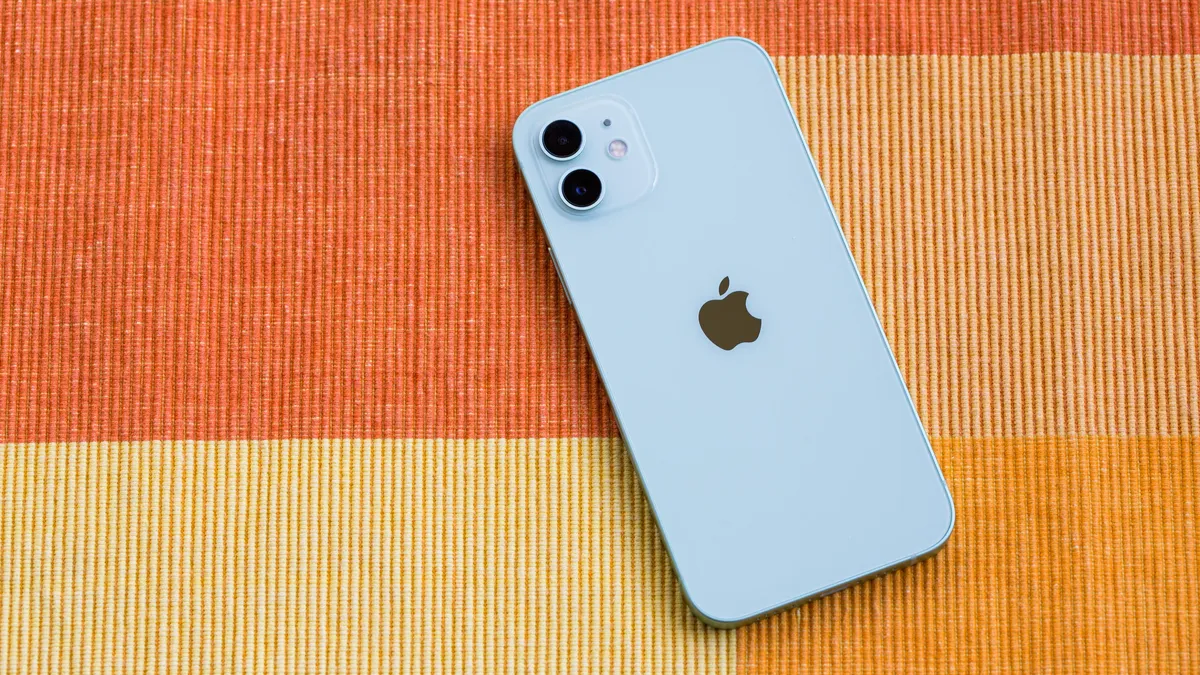
- Stocks
Apple is accused of monopolizing the market
Do you want to know how to make money from this?
Register for free and get expert advice, access to a training course and webinars.
Key points:
- The US Department of Justice and 16 states accuse Apple of monopolizing the smartphone market.
- Apple denies the allegations, saying the lawsuit threatens its innovation.
- The company’s shares fell sharply by 4.1%.
The US Department of Justice, together with 16 states, initiated legal proceedings against Apple. The plaintiffs allege monopolization of the smartphone market, arguing that Apple’s activities have harmed less dominant competitors and led to unreasonable increases in prices for the company’s products.
Details of the charge
The Department of Justice in its statement focuses on the fact that Apple has set a high price for the iPhone, reaching $1,599, and makes more profit from this product than any other company in the industry. In addition, officials point to Apple’s practice of charging fees to various business partners, be it software developers, credit card issuers or even competitors such as Google. Such policies, according to the Justice Department, ultimately lead to higher prices for consumers and further increase Apple’s profits.
“Consumers shouldn’t have to pay higher prices because companies violate antitrust laws,”
— said Attorney General Merrick Garland.
“If Apple is left unchecked, it will only continue to strengthen its monopoly on smartphones.”
What measures are required from the company?
The lawsuit against Apple outlines key ways in which the company claims it uses its dominant position to stifle competition in the smartphone market. Thus, Apple prevents the development and distribution of “super apps” that can compete with pre-installed Apple services. The company’s policy on streaming game services limits competitors’ opportunities and potentially harms market development. In addition, the indictment alleges that the company makes it difficult for competing messaging apps to work smoothly on its devices, limites the functionality of competing smartwatches when working with iPhones, and exploits its monopoly on the App Store payment system.
The lawsuit also asks the court to:
- Stop Apple from using app distribution control, contracting, and proprietary programming interfaces to undermine competitors.
- Direct Apple to take other measures necessary to restore competitive conditions in markets where the company abuses its dominant position.
Consequences for Apple
Against the backdrop of an antitrust lawsuit by the US Department of Justice, Apple Inc. shares. showed a sharp decline. Apple’s share price fell 4.1% to close at $171.37. This was the first significant decline in the company’s share price in a long time.
Apple has denied the government’s accusations:
“This lawsuit threatens who we are and the principles that distinguish Apple products in fiercely competitive markets. If successful, it will hinder our ability to create the technology people expect from Apple, where hardware, software and services intersect”.
The US Department of Justice, as part of antitrust proceedings, has identified the US smartphone market as a target market for assessing Apple’s dominance. Analysts estimate Apple’s share of this market to be just over 50%. Apple, in turn, intends to position the smartphone market as global, where the iPhone’s share is about 20%. The company is confident that this approach to defining the market will allow it to demonstrate the absence of a monopoly position.
Do you want to know
How to make money from the news
Register for free and get:
- Expert consultation;
- Access to the training course;
- Opportunity to participate in webinars

